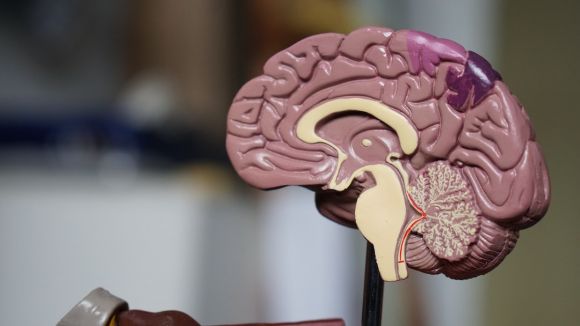When it comes to addressing mental health concerns, psychology offers a wide range of therapeutic approaches and treatments. These approaches have evolved over time, shaped by advancements in research and a better understanding of human behavior. In this article, we will explore some of the most commonly used therapy and treatment approaches in psychology.
Cognitive Behavioral Therapy (CBT)
Cognitive Behavioral Therapy, or CBT, is a widely recognized approach in psychology that focuses on the connection between thoughts, feelings, and behaviors. It operates under the premise that our thoughts influence our emotions and behaviors, and aims to identify and challenge negative or unrealistic thinking patterns. CBT is often used to treat various mental health conditions, including anxiety disorders, depression, and eating disorders.
Psychodynamic Therapy
Psychodynamic therapy is rooted in the belief that our past experiences, particularly those from childhood, shape our current thoughts, emotions, and behaviors. The therapist helps the individual explore and gain insight into their unconscious processes and unresolved conflicts. By bringing these underlying issues to light, psychodynamic therapy aims to promote self-awareness and facilitate personal growth.
Humanistic Therapy
Humanistic therapy emphasizes the importance of self-actualization and personal growth. This approach views individuals as inherently good and capable of making positive choices. Humanistic therapists create a supportive and non-judgmental environment, allowing individuals to explore their own values, beliefs, and goals. The goal of humanistic therapy is to help individuals develop their full potential and live authentic and fulfilling lives.
Mindfulness-Based Therapy
Mindfulness-based therapies, such as Mindfulness-Based Stress Reduction (MBSR) and Mindfulness-Based Cognitive Therapy (MBCT), have gained popularity in recent years. These therapies incorporate mindfulness practices, such as meditation and breathing exercises, to help individuals become more present and aware of their thoughts and emotions. Mindfulness-based therapies have been found to be effective in reducing stress, anxiety, and depression.
Family Therapy
Family therapy recognizes that our family relationships and dynamics significantly impact our mental health and well-being. It involves working with the entire family unit to address and resolve conflicts, improve communication, and strengthen relationships. Family therapy can be especially beneficial for children and adolescents dealing with behavioral issues, as well as families going through significant life changes or transitions.
Group Therapy
Group therapy involves individuals with similar concerns coming together to share experiences, provide support, and learn from one another. It offers a sense of community and belonging, allowing individuals to realize that they are not alone in their struggles. Group therapy can be beneficial for various mental health conditions, such as substance abuse, eating disorders, and anxiety disorders.
Medication and Psychopharmacology
In addition to therapy approaches, medication and psychopharmacology play a crucial role in the treatment of mental health conditions. Psychiatrists are medical doctors who specialize in prescribing and managing psychiatric medications. Medication can help alleviate symptoms of mental health disorders and may be used in conjunction with therapy for optimal treatment outcomes.
In conclusion,
Psychology offers a diverse range of therapy and treatment approaches to address mental health concerns. These approaches, such as cognitive behavioral therapy, psychodynamic therapy, and mindfulness-based therapy, aim to promote well-being and facilitate personal growth. Whether through individual therapy, family therapy, or group therapy, individuals can find the support and guidance they need to navigate life’s challenges and improve their mental health. With ongoing research and advancements in the field, the treatment landscape continues to evolve, providing individuals with more options and opportunities for healing and recovery.
